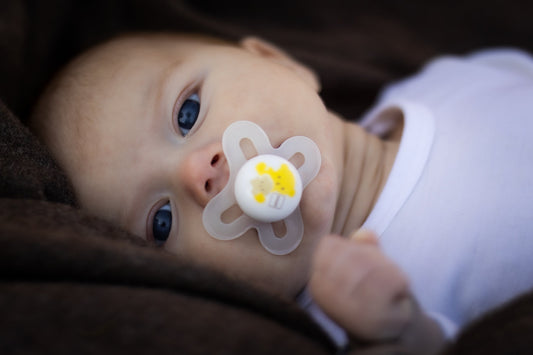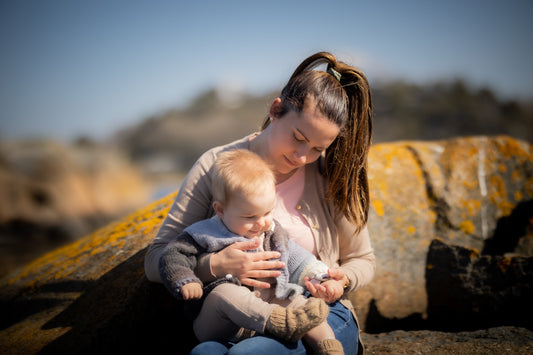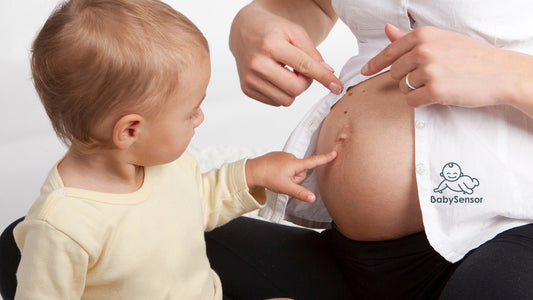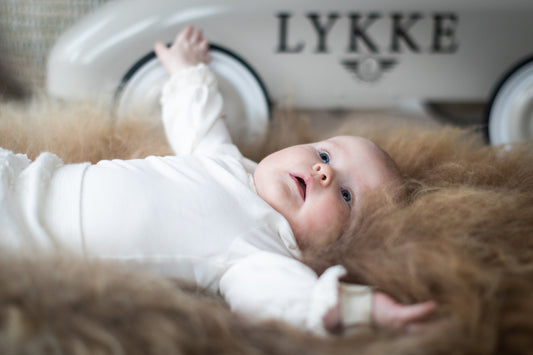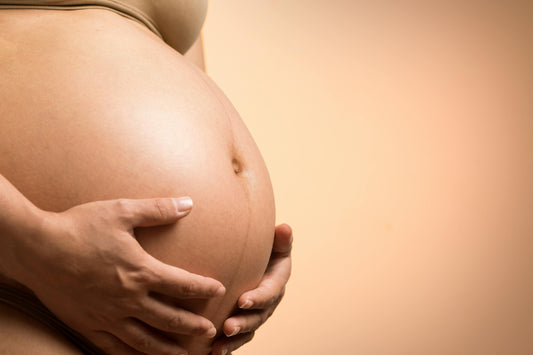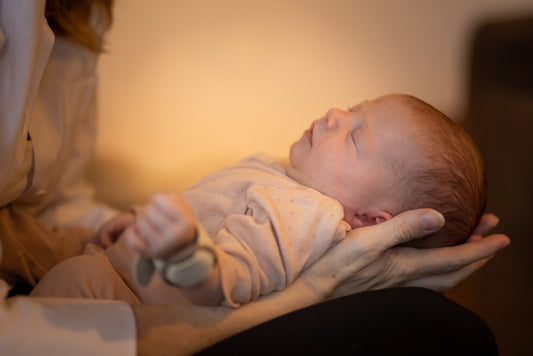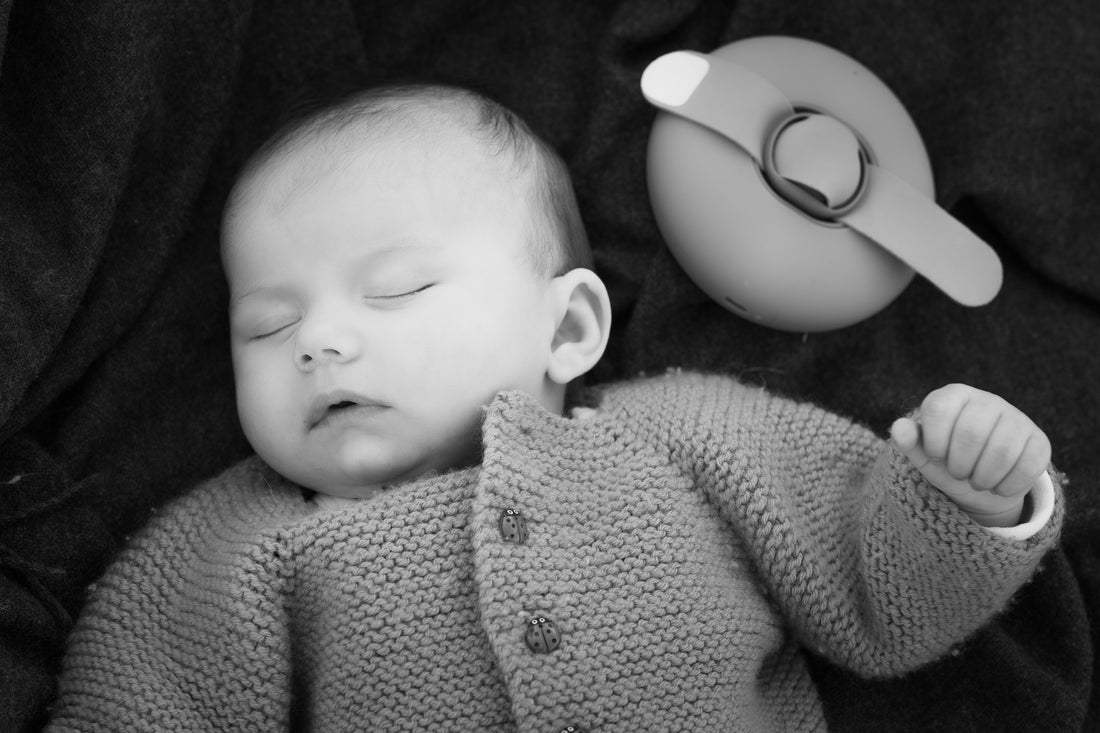
Sleep deprivation that lasts for years
Did you know that mothers sleep an average of one hour less each night in the first few weeks of life?
months – and still sleeps 20 minutes less each night for four to six years
After giving birth? Sleep deprivation doesn't go away on its own. You need support
to pick you up.
When sleep deprivation becomes a health risk
Mothers who get too little sleep during pregnancy have twice the risk of
develop depression and anxiety. Sleep is not just rest – it is fundamental
for your mental health.
Six years of poor sleep
Having a baby changes your life – and your sleep. Research shows that mothers still sleep
less than six years after birth. The body needs help to recover before
the consequences will be too great.
Exhausted? It's not 'just maternity leave'
Sleep deprivation after birth increases risk of depression and anxiety
dramatically. It's not a sign of weakness – it's a sign that your body
need help
Calculation:
Sleep deficit in the first months:
● Approximately 1 hour less sleep per night for mothers in the first 3–6 months.
● 1 hour x 30 days x 6 months ≈ 180 hours of lost sleep in the first half of the year
Persistent sleep deficit:
● Approximately 20 minutes less sleep per night (0.33 hours) for 4–6 years.
● 0.33 hours x 365 days = ~120 hours of lost sleep per year.
● In 5 years: 120 hours x 5 = 600 hours.
Total first 5 years:
● 180 hours (first half of the year) + 600 hours (after-effects) = ~780 hours
sleep deficit.
Converted:
● 780 hours = 32.5 days without sleep (!) over 5 years.
Sources
Based on Scandinavian research, including:
- Dørheim SK et al. (2009) Sleep and depression in postpartum women: A
population-based study. Sleep.
- Saxbe DE et al. (2020) Sleep quality in parents of young children:
Long-term changes and mental health outcomes. Sleep.
- Bergen Health (2023) Information about sleep problems during maternity leave.
- Helsedirektoratet.no: Maternity care and mental health.

